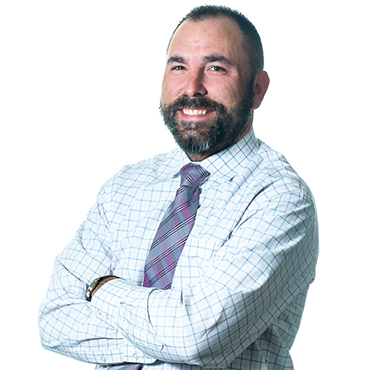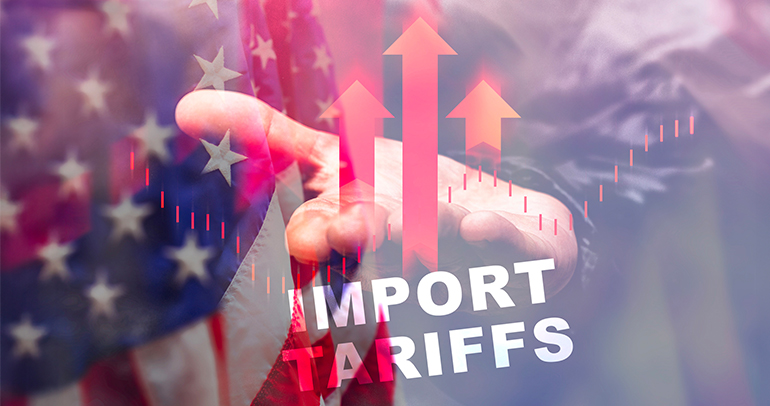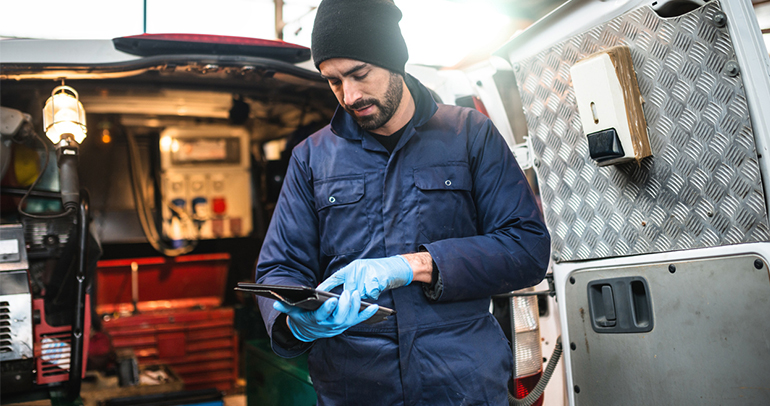
In early February 2018, I was lucky enough to embark on what many might consider the trip of a lifetime.
My wife and I, along with three other couples, arranged a bareboat charter to sail around the Abaco Islands in the northeast Bahamas for eight days and seven nights. The chartered 40’ catamaran was our “home” for the subsequent week’s adventure of going somewhere new and different each day. If you are considering taking a trip like this, I can’t recommend it enough. As Nike says – just do it!
Back home, and finally remembering what I did for my day job, came a realization.
My sailing trip parallels well with the development of innovative solutions here at Escalent, and the lessons we continue to learn in the product development process:
- Find someone to captain the ship in unfamiliar territory
- Focus first, then iterate development so you don’t end up marooned at sea
- Don’t let rough seas deter your development – embrace a flexible and adaptive mindset that comes with new adventures
My focus over the last 18 months has been facilitating a cross-functional team to develop big data and IoT capabilities within Escalent – specifically, our first-ever commercially-released mobile application, DataDialogue™|Pulse. This app takes our knowledge of commercial fleets and their business purpose as well as our experience working with telematics data to provide fleet professionals with an easy-to-use mobile app designed to prioritize performance issues adversely impacting profitability.
With data management and analytics in our marketing research DNA, that sounds pretty straightforward, right? Hardly. It has required deep internal engagements, a lot of perspective, and some key partnerships along the way.
In any new venture, it is paramount to be strategic in your pursuits, working closely with partners, as needed.
Seems like a no-brainer, but it is not always easy. This requires you and your team to be completely honest with yourselves—taking a good, hard look in the mirror. The key is to play to your strengths and find partners to supplement you where needed.
In my boating analogy, a friend in the group is a certified and licensed captain, so we were not required to hire a captain or crew. With the captain in place, the other seven of us were the de facto crew. While this was our second trip as a group, we still leaned on his expertise to navigate us safely through the sea. Who knows where we would have ended up if I was captain of that ship.
As we’ve built DataDialogue|Pulse, there are skills and workflows required that are not necessarily the forte of a traditional marketing research company. After some internal cross-functional efforts and debate, we partnered and consulted with a Michigan-based fleet, data scientist, and application development agency (among others) to supplement our product development process with their deeper subject matter expertise.
We see this in today’s changing automotive landscape as well. OEMs are acquiring or partnering within the mobility and autonomy ecosystems with focused start-ups in hopes of getting a leg up in the race to establish a presence in this emerging space. Generally, the more narrowly-focused start-ups lend a much deeper, specific expertise to the broader-focused OEM.
You want to start with the end in mind. Develop a solution that delivers the minimum acceptable level of value and iterate solutions from there.
Especially in today’s tech-centric approach to development, you must begin with a vision for a minimum viable product – a set of features and content that is essential to the success of the product or service. From there, you can plan for more detailed development around expansion in future iterations.
This also requires you to acknowledge selecting tools that work best for your problem/solution, and not vice versa. For example, we built the proof of concept within Microsoft’s PowerBI offering. This worked quite well for that stage of development, however, we ultimately opted for a custom app build to deliver the long-term scalable solution.
Our trip began and ended at the same marina, so we planned an overall course to achieve this. We certainly couldn’t stray hundreds of miles into the open ocean – after all, we had to end back where we started. This required deciding which islands and cays would best fit into a desirable route. Lastly, we decided on the specifics of choosing which islands and activities we wanted to enjoy.
Despite all the planning in the world, your development process will ebb and flow. In the face of it, you will forge ahead even better if you remain flexible.
Doing so requires an adaptive mindset. Seas and weather change, as does the business environment. You have to constantly assess your situation for disruption or, if you’re lucky, opportunity. Things do not always go as planned, so you need to be able to think quickly, improvise strategically, and move on.
Fortunately in sailing, if the weather becomes prohibitive, there isn’t much of an option than to stay put and ride it out. In business, that generally isn’t the best strategy. Many times, it may require reversing some decisions or work completed to get back onto the best path of development. Do not be discouraged by setbacks; rather, embrace them and learn from them. Sometimes, small setbacks can be the catalyst for an even better strategy.
In our app, we had assumed a relationship of one fleet manager to one fleet business. We quickly learned that one fleet manager may oversee multiple business lines. This dynamic forced our hand to allow for one user to profile multiple fleets’ data sets. While it was a step back in development, it also gave us a more scalable and robust solution in the long run.
As inspiration to you on your path to new product development, I share a handful of adages that ring true for us on our path to developing DataDialogue | Pulse:
- Be a trailblazer, take the road less traveled.
- If it was easy, everyone would be doing it.
- Take calculated risks – nothing ventured, nothing gained.
- Embrace the opportunity to learn and grow, but fail fast.
- Enjoy the ride – it’s about the journey as well as the destination.
If you would like to learn more about our new product development learnings or DataDialogue, click below to send us a note.









